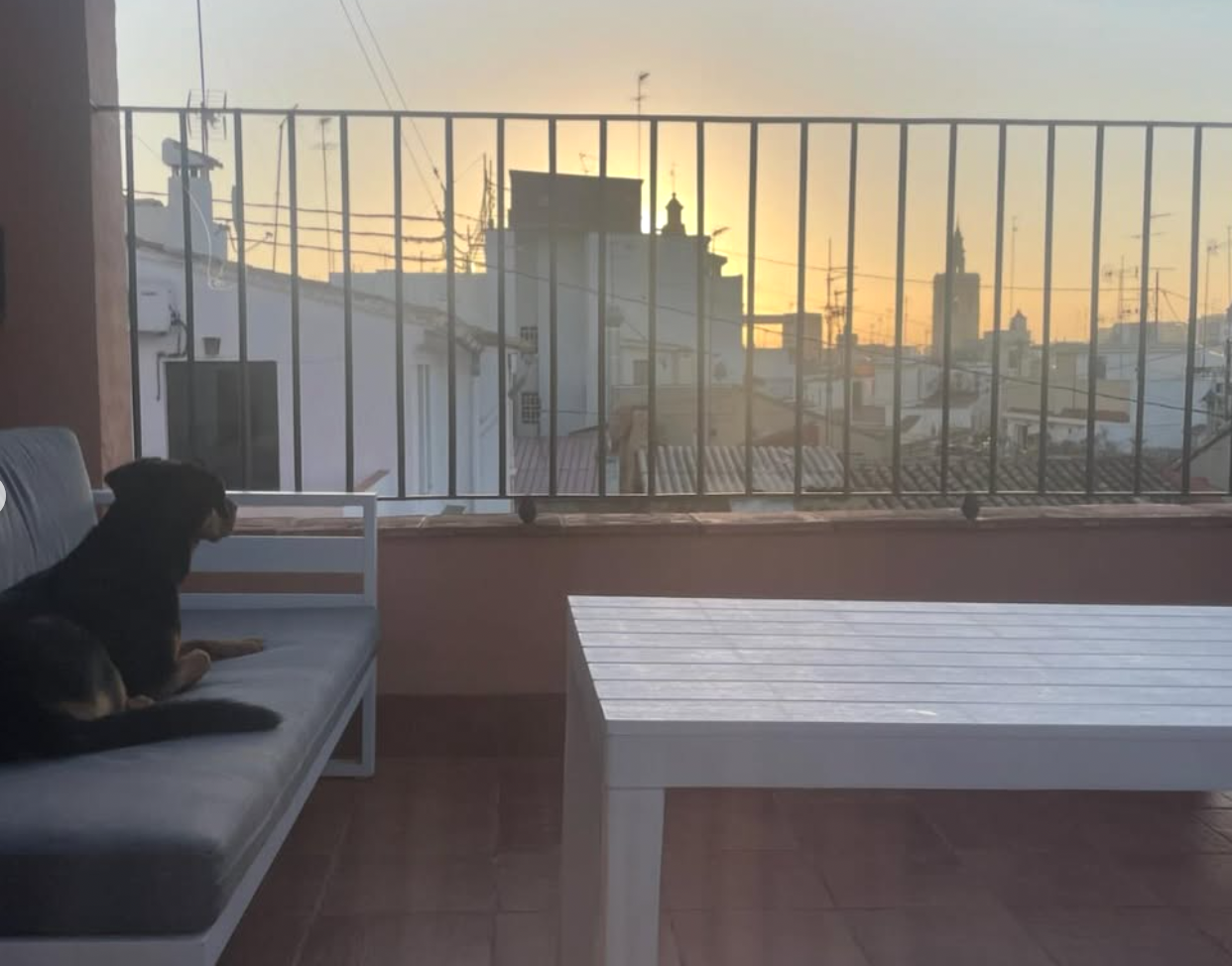Building Sustainable Momentum
It seemed for a time that everyone’s ultimate goal was “work-life balance”. Work-life balance promised that elusive middle point, but it was always a myth. This was the ultimate goal for a time until we started chasing work-life integration. Integration was an upgrade, but still flawed. It’s about managing boundaries, not fueling growth. Both frames force us to build arbitrary walls between two parts of our lives that are already inseparable. And they don’t work. If they did, we’d all be well-rested and thriving, instead of more stressed and exhausted than ever.
It’s time to throw out this old, broken model in favor of a new model. A model that compounds as it grows. A model that builds momentum that lasts. A model that allows for sustainable momentum.
Because with sustainable momentum, we pair our ambition with stamina. We find progress without collapse. We have rest and success.
The key ingredient? Support. Your support can take many different forms depending on the person and the situation, but it is a requirement all the same. We humans are not wired to go it alone and evolution is far too slow for us to attempt to fight it just so we can hit this quarter’s goals.
An exhausted version of you can only go so far. Perhaps you can grind away for a few quarters, a few years, or even a few decades. But you’ll be left with a burnt out shadow of what you could have been.
I’ve heard all the excuses for why support doesn’t make sense. Budget is the most common objection in the Executive Assistant world. But remember the hidden tax of doing it all: overwhelm leads to slower decisions, missed opportunities, stunted creativity, and, often, poor health. (If you missed my previous post[LINK], here’s the short version: doing everything yourself is expensive, and not only in the way you see on a budget line.)
When leaders refuse support, they model overfunctioning. And overfunctioning leaders build teams where exhaustion is normalized and capacity is wasted.
Support is not overhead. It’s oxygen. Without it, you will eventually suffocate. The question isn’t whether you can afford support. It’s whether you can afford the cost of not having it.
Archimedes famously said, “give me a lever long enough and I shall move the world”. Levers are one of our most ancient forms of support, and this metaphor rings true today. Great support, EA or otherwise, is not 1:1 time saved. I’ve heard from many CEOs that they’d rather lose their CFO instead of their EA. This is because a great EA can be one of the highest-leverage investments a leader can make. You do not only save a few hours a week. You see returns across life and work, resulting in a better you. A better leader, a better partner, a better parent, a better friend. These are not small things.
Disclaimer: I’ve built a whole company around executive assistants, so yes, I’m biased. But only because I’ve seen what happens when leaders finally stop doing it all themselves: their companies scale, their teams grow stronger, and their lives breathe again.
The same logic applies whether it’s childcare, housework, therapy, or technology. Support always creates compound capacity and strengthens the whole system of your life. Outsourced tasks, taken individually, are easy to call small. But they are anything but trivial if it means you show up fully at work and home. Because this is so much more than work-life balance or integration. It’s sustainable momentum: the capacity to keep moving forward, in each sphere of your life, without collapse.
As leaders, we are often missing a key point. We are laser focused on optimizing our business side, but often ignore the systemic whole. The pillars of sustainable momentum aren’t identical for everyone, but they generally fall into four categories: attention, relationships, systems, and technology. Each is a form of support, a lever you can pull to multiply your capacity. The more pillars you reinforce, the more momentum you build.
- Attention: You control where you spend one of your most finite resources: your attention.
- Relationships: You determine which relationships to maintain and who you ask to hold you accountable, sharpen you, and help sustain you.
- Systems: You build the rhythms, automation, and processes that can keep you from drowning in tasks.
- Technology: You select which tools and AI to use as accelerants of your growth.
I need to frequently remind myself that the breathing room these pillars create is not indulgence. Most pillars come with tradeoffs (like paying myself less in favor of more internal resources, or saying no to ideas that don’t align). Yes, some sting more than others but I’ve found the cost of support is always smaller than the cost of exhaustion.
Here is our choice: keep carrying everything (and pay the tax) or design for sustainable momentum. It won’t always be easy, and the choices will often feel murky. But using sustainable momentum as the lens through which you make these decisions will always result in a happier, healthier, more successful you.
Support isn’t indulgence. It’s infrastructure. Build it, and you’ll find momentum that lasts long after the latest productivity fad has faded.
What would you change if you stopped treating support as a luxury and started treating it as infrastructure?
What are three things you’re carrying today that someone else could handle?

 By
By


